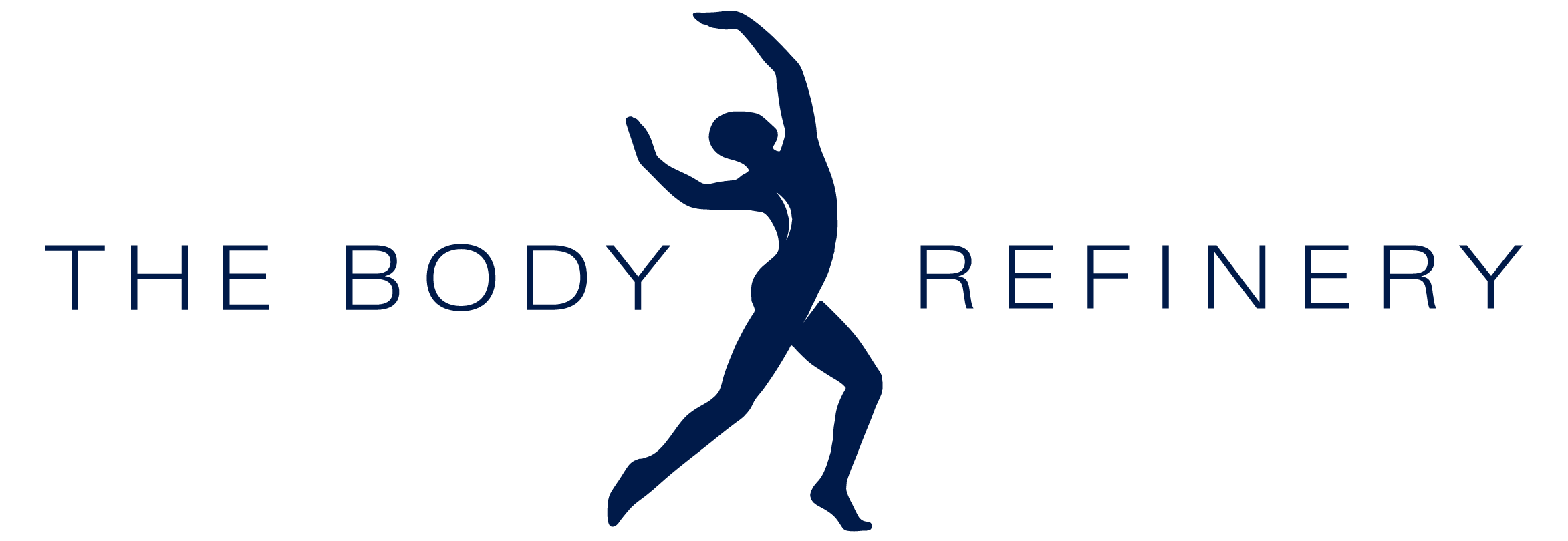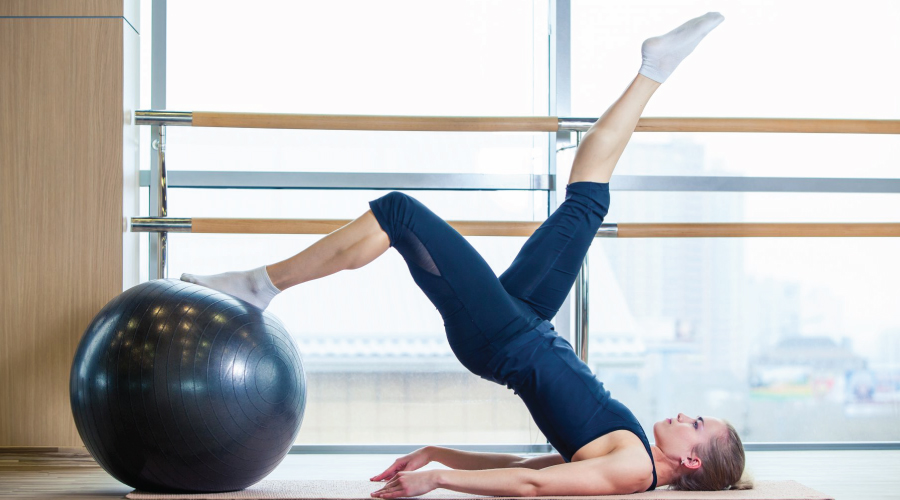Have you ever been told that your glutes are not working properly? Gluteal inhibition is a very common occurrence and has been termed “gluteal amnesia” or “sleeping butt syndrome”. It is preferable to use the term inhibited or inactive, rather than weak. The gluteal muscles have forgotten what to do and when to do it. The muscles still work, but not as effectively; therefore they appear weak. The body will compensate by activating other muscles in the kinetic chain, which can lead to overload and eventually result in injury.
There are many factors that can lead to gluteal amnesia. The most obvious one being prolonged sitting and a sedentary lifestyle. The glutes don’t function when you’re sitting. If you don’t use it, you lose it! Sitting in a chair all day will also cause the hip flexors to shorten and tighten, which will inhibit the glutes from activating properly. Gluteal amnesia can also occur in active individuals who just don’t engage the muscles properly, usually due to muscle imbalances, lack of awareness, or poor technique.

Before discussing some of the problems that can result from poor glut activation, let’s take a look at the basic anatomy and function of your gluteal muscles:
- Your glutes work as a team. They are one of the largest muscles groups in your body. Every activity you do involves the gluteal muscles, you use them all the time.
- The three muscles that make up your glutes are the gluteus maximus, gluteus medius and the gluteus minimus.
- They control movement at the hip and knee joint and stabilise the pelvis.
- They act to extend your hip, externally rotate your hip, abduct your hip (lift your leg out to the side), posteriorly tilt your pelvis and thrust your hips forward.
- They help to support you when you stand up, help you push off the ground when walking or running, and help to improve your balance.

What are some of the signs of gluteal amnesia?
As mentioned, when your glutes aren’t functioning properly, other muscles in your body are forced to take on the extra work to compensate, which can lead to muscle imbalance and injury. Some of the common signs of poor glut activation include:
- Low back pain: when the glutes are inhibited you lose stability in your pelvis. This will lead to decreased mobility in your hip joints – they compensate to make you more stable. Once you lose mobility in your hip joints you will take more movement through your lower back, causing it to over work. The glutes also help to posteriorly tilt the pelvis thereby maintaining a normal curve in your lower back and correcting your posture.
- Hip pain, knee pain or ankle pain: the glutes control mobility of your hip and the position of your femur. This is important for proper gait. Poor hip control will affect the position of the knee joint causing it to become less stable. This will lead to overload and strain. The same goes for the ankle joint. Hip extension and ankle mobility go hand in hand.
- Hamstring, groin or calf strain: if the glutes are inhibited the hamstring muscles have to take over the primary work of the glutes to extend the hip. The groin muscles have to work harder to control the position of the hip and stability of the pelvis. The calf muscles do more work to push off or propel the body forward. The extra work placed on these muscles eventually leads to strain.
- Shoulder pain: the glutes connect across the body to the opposite shoulder via fascia. This is known as the posterior oblique sling. When the glutes are inhibited the fascia becomes tight affecting the mobility in the shoulder joints. The shoulders also have to work harder to generate power in movements like throwing, which leads to overuse.
In summary, the glutes play a vital role in your everyday activities. It is impossible to function and move efficiently without them. Inhibited glutes can lead to a multitude of problems in other areas of your body.
_ _ _ _
Our Physiotherapists at The Body Refinery are trained to assess your gluteal function and identify any contributing factors and muscle imbalances. You will then be given an individualised rehabilitation programme to help you awaken your glutes, which will optimise your performance and prevent injuries
Contact us to book your appointment.


